How will electricians evolve after COVID?

Lesley Rudd
Chief Executive, Electrical Safety First
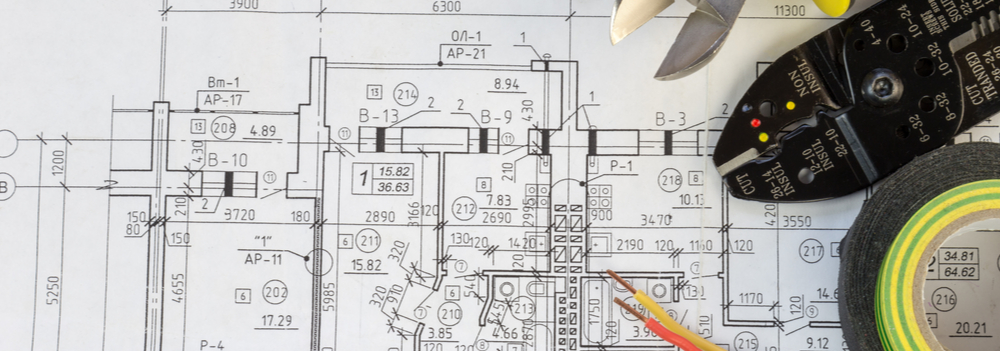
Lesley Rudd is the Chief Executive of Electrical Safety First, the leading UK charity dedicated to reducing fires, deaths and injuries arising from electricity. In addition to raising consumer awareness of electrical risk, ESF works closely with Government, to develop effective policy and legislation; and with industry, to support best practice.
Growing up in the North East of England there was a focus on getting a ‘proper job’. That meant training in a practical skill to gain a trade. There was also a hierarchy of trades with an electrical apprenticeship much sought after. Whilst some of the apprenticeships I remember from my childhood faded with the shipbuilding and mining industries, electricians are still as important as ever and perhaps increasingly so.
Reflecting on the changes brought about by the pandemic I think one is a recognition of the importance of key workers and key skills – people who are crucial to our lives and our economy - and that includes electricians.
Before COVID-19 we were already aware of the climate crisis. But the lockdown initiated a reduction in air and car travel, resulting in improved air quality, which has added to our climate change awareness. The climate emergency must be addressed and, with electricity increasingly produced from renewable sources, the electrotechnical industry has a significant opportunity to be part of the solution.
The Government’s Future Homes Standard stipulates that, from 2025, all new homes will be future-proofed and require low carbon heating. Gas heating will not be permitted, so electricity is set to play an increasingly important role in new homes. A greater challenge will be the transition from fossil fuel heating in existing homes. Currently, the UK has around 27 million homes, with most (around 85%), heated by gas. Further proof of our increasingly electric world is also evidenced by growing demand for Electric Vehicles (EVs). This is bound to increase with the emerging second-hand market, making EVs more affordable.
The current pandemic has accelerated the shift to homeworking, with many organisations embracing it as a way to maintain operations. And working from home inevitably requires a variety (and often increased number) of electrical products, from laptops to heaters.
Electrical Safety First’s research discovered around 70% of those homeworking are doing so for the first time. So, with around half of all UK domestic fires arising from electricity, homeworking presents increased electrical risk. Almost 40% of new homeworkers have more appliances plugged into extension leads than usual, often unaware that overloading sockets is a fire risk. And 44% of them are daisy-chaining the leads – another significant fire risk.
During the COVID-19 crisis, we ran a consumer awareness campaign to help ensure people were electrically safe while homeworking, and offered a number of online tools to help them achieve this. We also stressed the importance of using registered electricians and not attempting DIY electrical work. You can find out more here.
The development of a home office may well enhance the mainstreaming of the smart home and whole-house integration of the internet of things (IOT), also offers a clear opportunity for the evolution of the ‘traditional’ electrician.
Electrical Safety First is a consumer protection charity which works closely with a range of key stakeholders from Government to industry – and of course, the ECA – to ensure the safety of the consumer. To promote best practice, we host a number of industry events which bring emerging and critical issues to the fore. In addition to our major annual product safety conference in November, we are also planning a September seminar on EVs with OLEV (the Office for Low Emission Vehicles). The installation of dedicated home charging points, which are generally faster to charge than a standard home socket-outlet and have built-in safety features, is another potential area of expansion for electricians.
Electricity was already becoming increasingly important before COVID-19 but this crisis has changed our world and refocused our priorities. We have seen electricians fitting out ‘Nightingale hospitals’, carrying out essential repair work, and now playing a key role in restarting the economy. This reinforces my childhood learning that an electrician is indeed ‘a proper job’. Key to future developments is the provision of a highly trained and skilled workforce, that the public can trust with their electrical safety. Which means, ultimately, with their lives.

Lesley Rudd
Chief Executive, Electrical Safety First
Related Articles
Unlocking the Value of Employee Wellbeing
A Beacon of Support: The Electrical Industries Charity
ECA Member and Barrow Raiders encourage next generation
Samantha Jones: Making Strides in the Electrical Industry
Electrifying the elections!
Public sector PQQs look to the CAS
The Electrical Industries Charity on managing money and debt
EuropeOn: Martin Bailey’s outlook for 2023
GRP in Railways, by Mita
Recognising the amazing women in the security sector
A festival of electrification!
Why choose Private Medical Insurance?
Meet the latest updates to ElectricalOM
Q&A with Catherine Heaton
10 minutes with Martin Bailey, President of EuropeOn
Lessons from the EuropeOn General Assembly
Why buy PMI?
Social Value: an interface for the future
How can partnerships give you a competitive advantage?
Reflections on 2021
Electract attends first ECA Large Contractor Forum
Electrical Safety in the Net Zero home
Is social media the new way to plug the gender skills gap?
#NAW2021: “Undertaking an electrical apprenticeship was the best decision I ever made”
West&West Ltd: Apprentices are the future of our business
Wellbeing resources for a healthier Christmas
How Red Arrow transformed their business
The importance of Movember
Modular housing: new methods for new challenges
EDATA, ecommerce, and the pandemic
Mission: Compliance, with West & West Ltd
Managing the pressures of the electrical industry
Celebrating women in engineering
A second chance: employing ex-offenders
Modern offsite: Safer, faster, greener, cheaper?
Three ways to stop tool thieves in their tracks
Are you up to date with ECAtoday?
ECAtoday is the official online magazine of ECA and reaches thousands of people within the electrotechnical and engineering services industry.
Copyright © 2024 Electrical Contractors Association Ltd









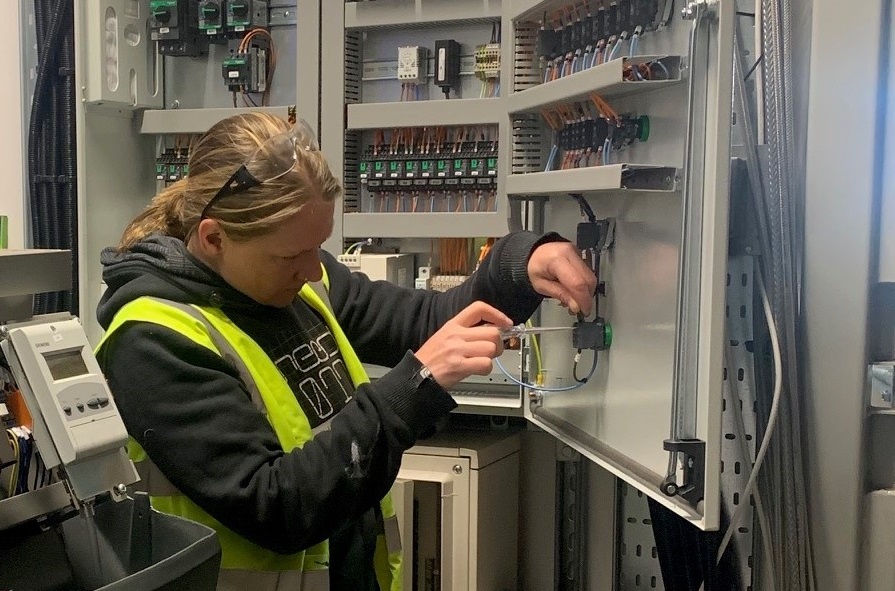
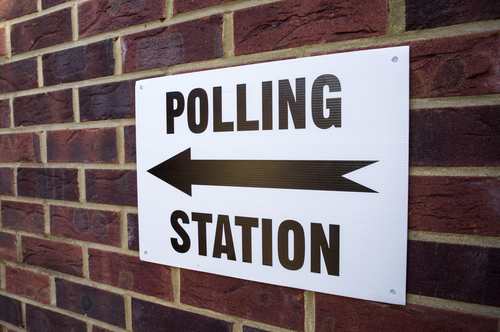



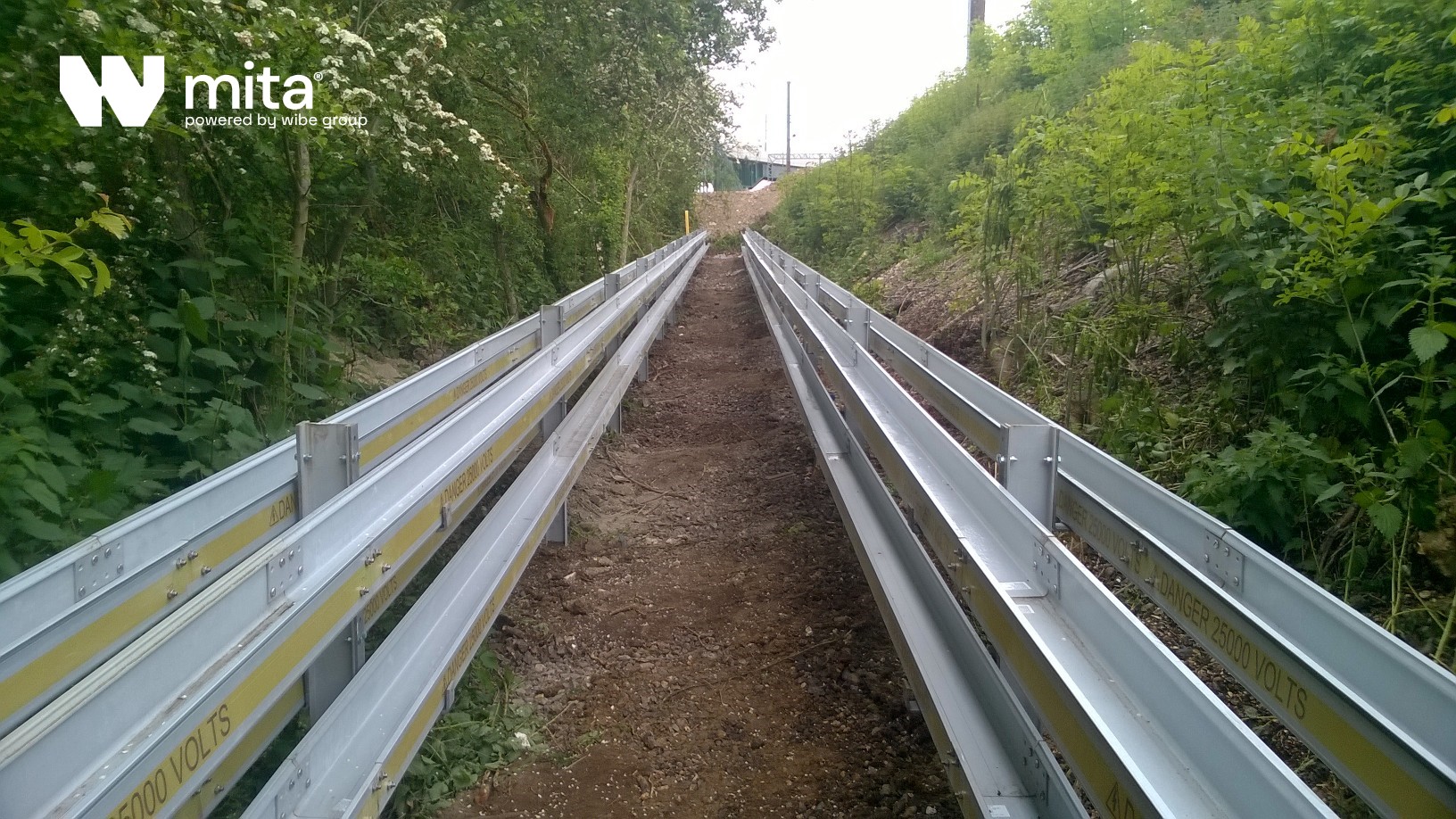
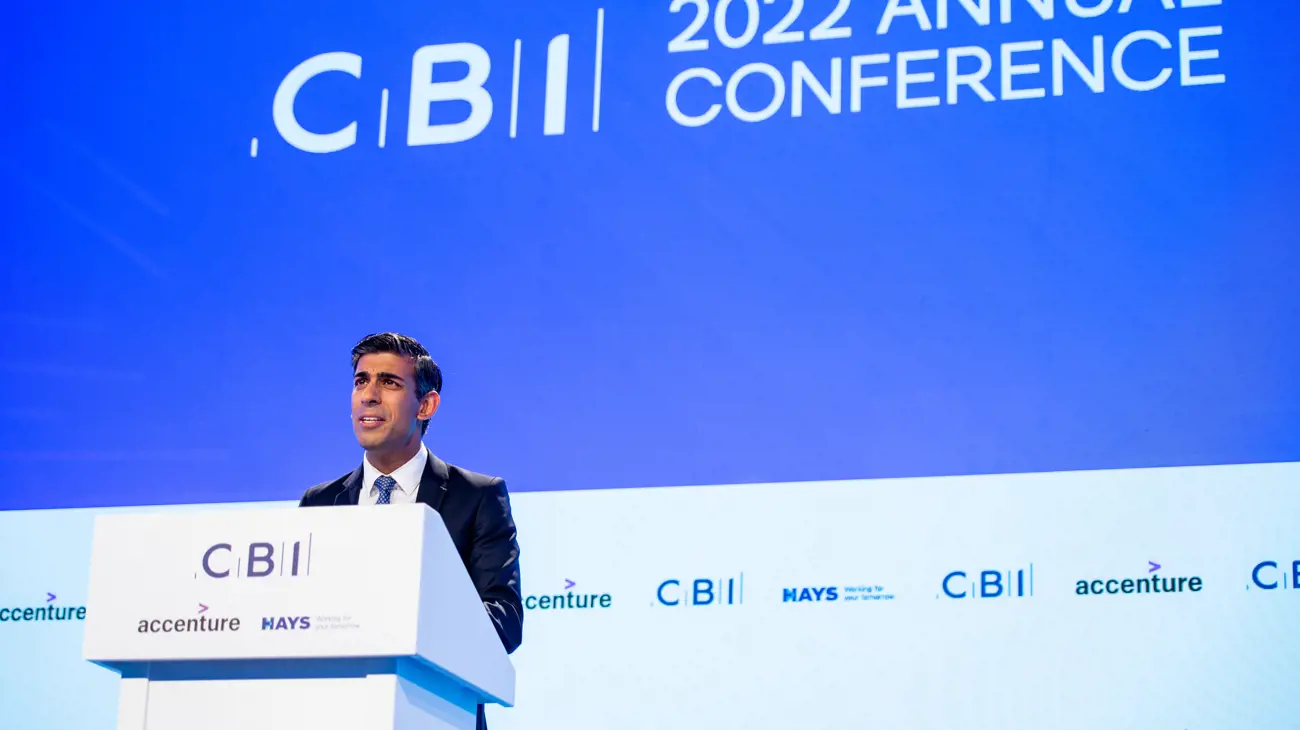



.jpg?width=500&height=350&ext=.jpg)

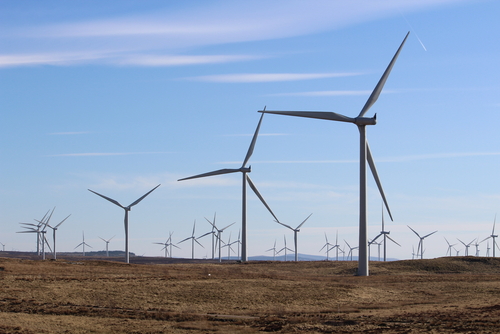



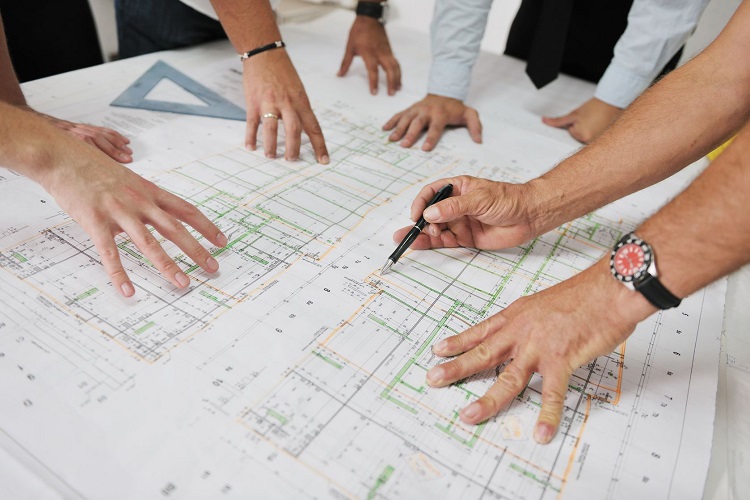

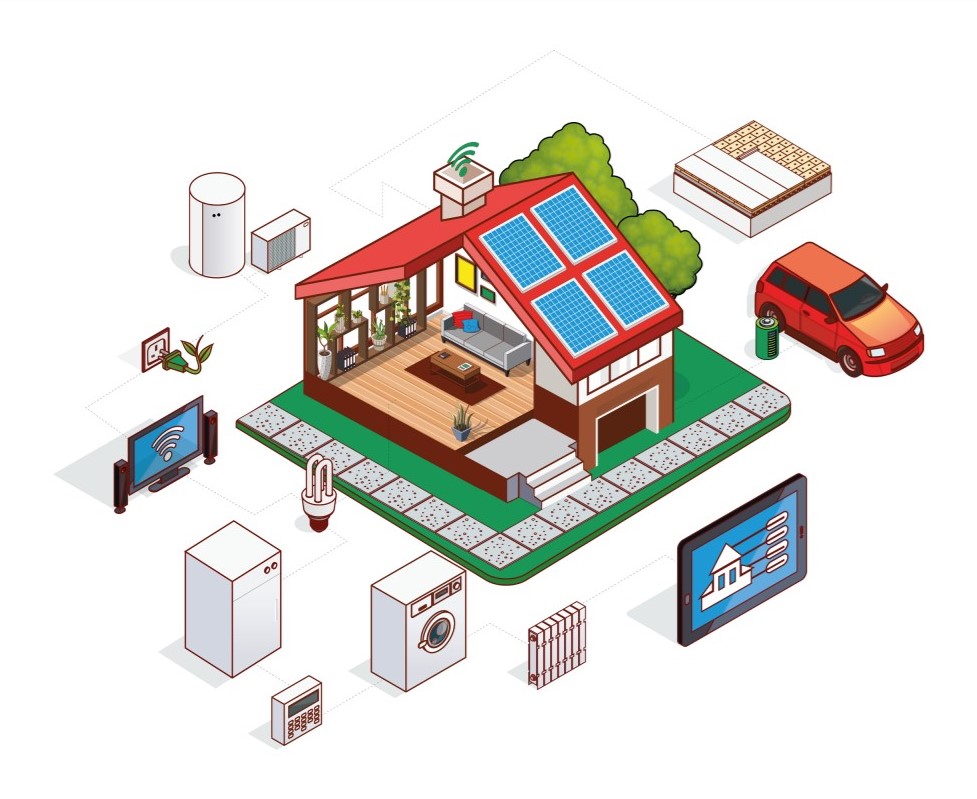

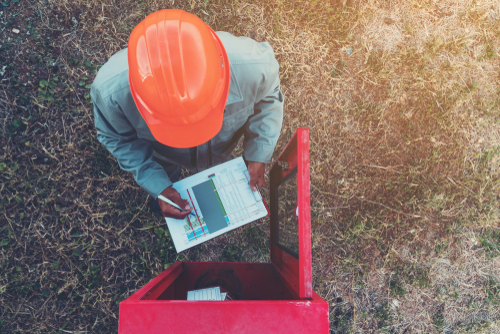



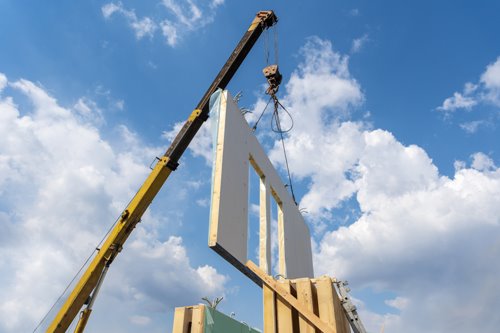




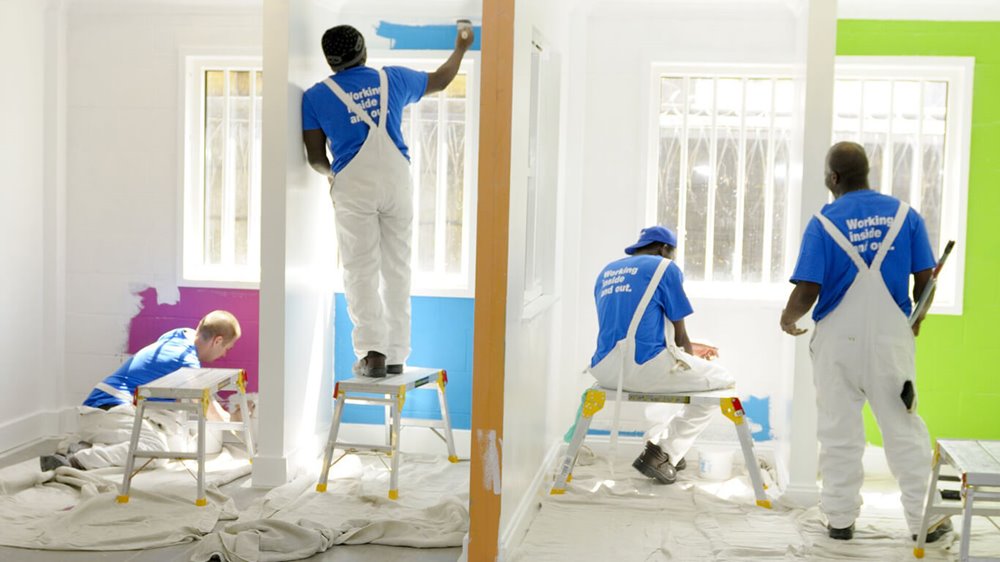

.jpg?width=1000&height=667&ext=.jpg)
